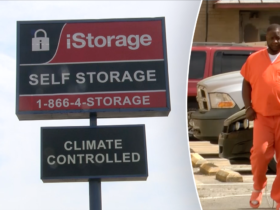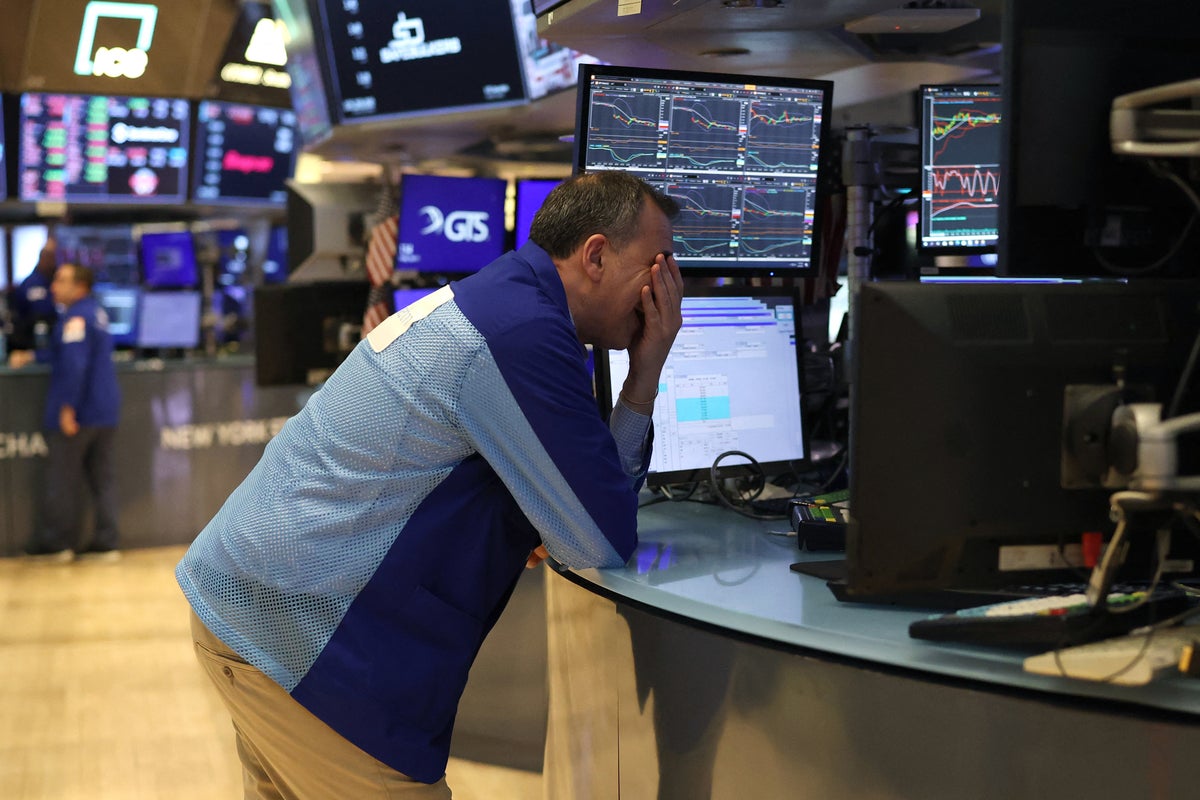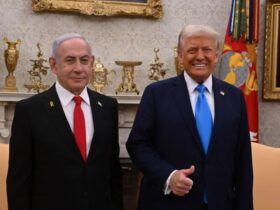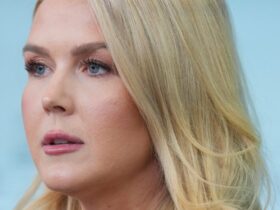Your support helps us to tell the story
From reproductive rights to climate change to Big Tech, The Independent is on the ground when the story is developing. Whether it’s investigating the financials of Elon Musk’s pro-Trump PAC or producing our latest documentary, ‘The A Word’, which shines a light on the American women fighting for reproductive rights, we know how important it is to parse out the facts from the messaging.
At such a critical moment in US history, we need reporters on the ground. Your donation allows us to keep sending journalists to speak to both sides of the story.
The Independent is trusted by Americans across the entire political spectrum. And unlike many other quality news outlets, we choose not to lock Americans out of our reporting and analysis with paywalls. We believe quality journalism should be available to everyone, paid for by those who can afford it.
Your support makes all the difference.
The stock loss bloodbath continued Friday as the Dow Jones market lost 2,000 points by midafternoon trading as investors are spooked about the impact of President Donald Trump’s tariff plan.
If the trend continues, it will only be the fourth time in history the stock market has lost 2,000 points in a single day. The market is also on track to see its biggest two-day loss in history as it nears a total of $5 trillion in losses over Thursday and Friday.
Friday started badly for the Dow when it lost 1,000 points at the opening and continued from there. The NASDAQ wasn’t doing any better, losing 865 points by mid-Friday. That comes after it lost 1,000 points on Thursday during a historically bad day.
The dollar fell sharply Thursday, too, and is now near its weakest level of the year.
Wall Street is reactively negatively as concerns over Trump’s tariffs continue to fuel recession fears. On Wednesday, the President announced sweeping tariffs on nearly every nation of at least 10 percent. Trump has said it’s needed so there is fairness for American manufacturers. But, experts have warned that the tariffs could spark an economic downturn.
Federal Reserve Chair Jerome Powell said Friday that Trump’s tariffs are likely to raise inflation and slow economic growth. Powell said he believes the economy is currently “solid” but empathizes with those feeling uncertain in the face of the recent mark drops.
“I realize that the uncertainty is high,” he said. “I understand the uncertainty that’s weighing on people.”
JPMorgan’s Chief Economist Bruce Kasman said the investment bank now sees a 60 percent chance of the global economy entering recession in 2025, up from 40 percent.


When asked how the tariffs are going amid the market decline, Trump resonded: “I think it’s going very well. It was an operation. I like when a patient gets operated on and it’s a big thing.”
Secretary of State Marco Rubio similarly defended the tariffs, claiming Friday he’s confident the markets will bounce back.
“Businesses around the world, including in trade and global trade, they just need to know what the rules are,” Rubio said from a NATO meeting in Brussels. “Once they know what the rules are, they will adjust to those rules.”
“I don’t think it’s fair to say economies are crashing,” he continued. “Markets are crashing because markets are based on the stock value of companies who today are embedded in modes of production that are bad for the United States.”
















Leave a Reply